Warning about the increase in scams and property appropriation through banking transactions is one of the notes from the Department of Information Security (Ministry of Information and Communications) to Vietnamese Internet users, in the 'Weekly News' on online fraud last week.
In the context of the problem of online fraud and the continuous increase in forms of fraud in cyberspace, the Ministry of Information and Communications has been coordinating with other ministries and branches to drastically implement many measures.
Besides technical solutions, propaganda is always identified as the most important solution to build "resistance" for the people.
Below are 3 common online scams on Vietnamese cyberspace during the week from November 11 to November 17, recently warned by the Information Security Department to the public:
Credit card fraud, biometric authentication bypass
According to the Information Security Department, recently, Vietnam's cyberspace has seen many scams and property appropriation traps through banking transactions. The tricks of scammers are also becoming more and more sophisticated.
Specifically, the subject impersonated a bank employee to offer credit card limit increases, called fraudulently to notify account holders of refunds, asked customers to provide personal information and appropriated their money.
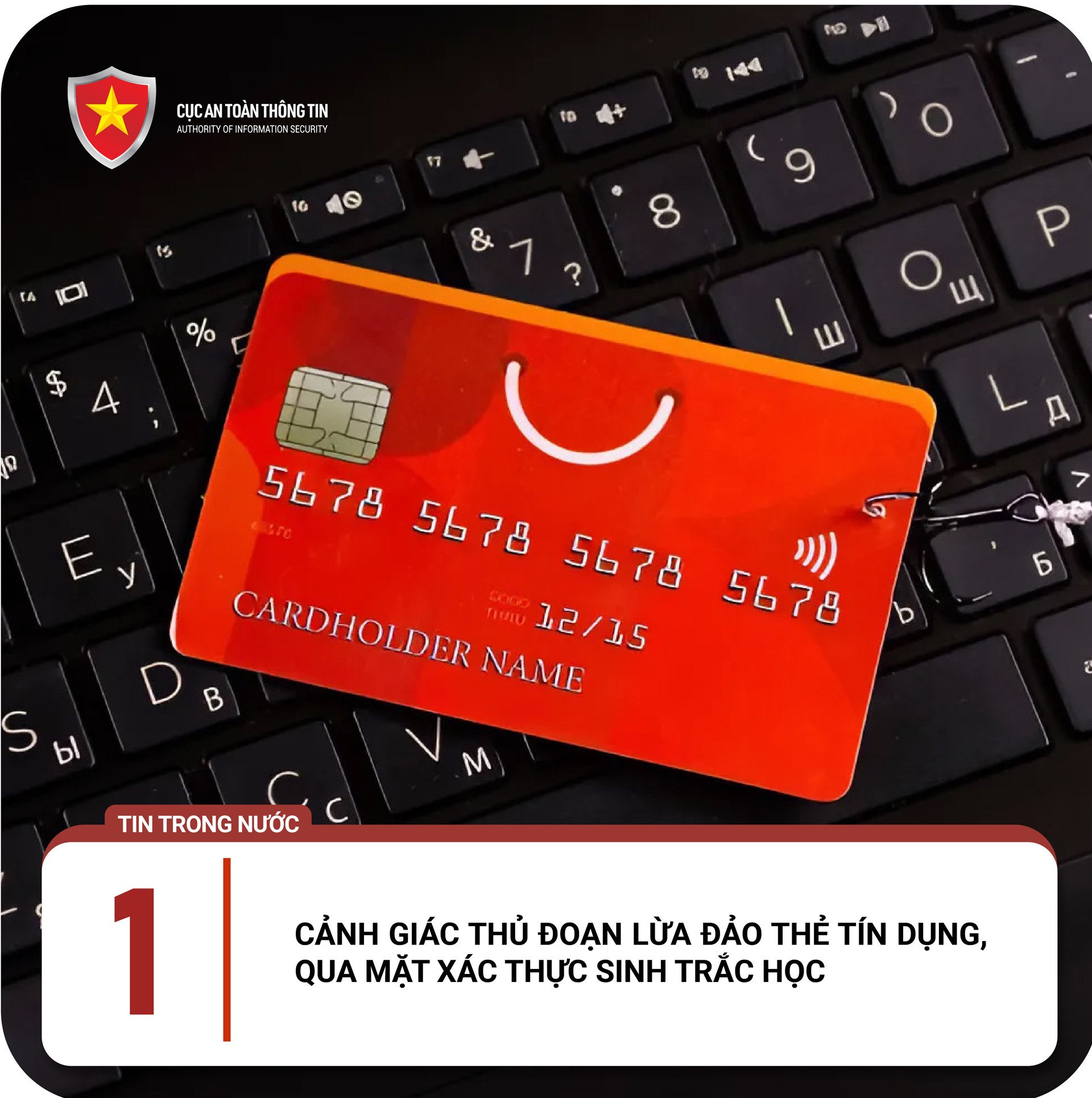
At the same time, cybercriminals are using tricks to bypass biometric authentication. Many users who are lured into using fake apps also become victims of fraud.
The Information Security Department recommends that people be vigilant against calls claiming to be from bank staff providing online support; do not follow instructions, provide sensitive personal information, OTP code, CVV code of visa card to strangers.
Users are also advised not to access strange links or install applications of unknown origin; do not enter credit card information on strange websites or sites that users have never transacted with.
Impersonating airlines to defraud airline tickets for Tet 2025
The trick of impersonating airlines to fraudulently sell cheap Lunar New Year 2025 flight tickets has appeared on cyberspace.
The scammers usually impersonate a level 1 airline ticket agent. When customers check in for tickets, they will receive a booking code and a recommendation to pay immediately to avoid cancellation. After receiving the money, the scammers do not issue tickets and cut off contact.
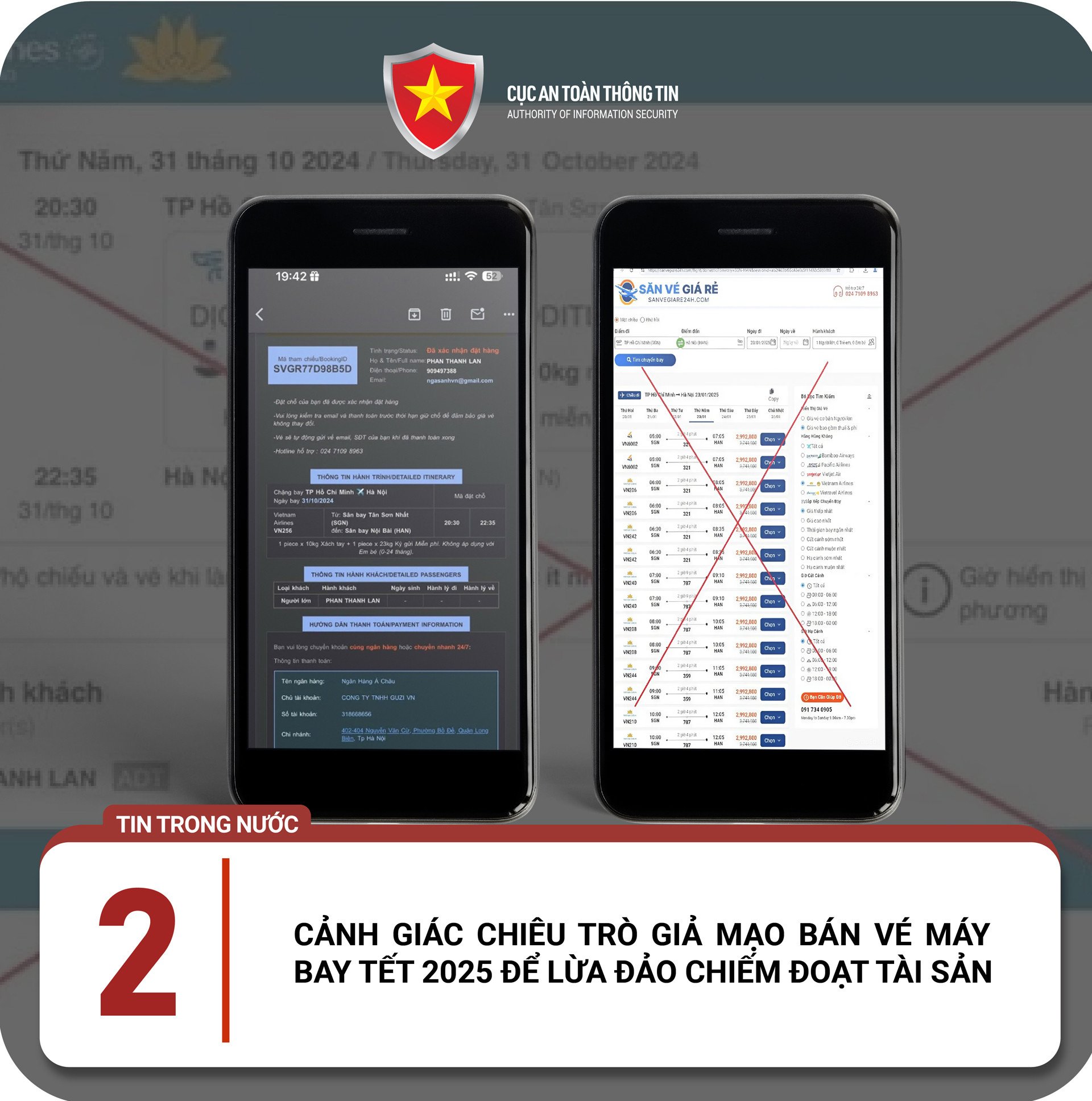
Some scammers send emails or text messages claiming that customers have “won” a prize or received a discount on airline tickets. However, when the customer clicks on the attached link and provides information, the scammer steals credit card information.
The Information Security Department recommends that customers who buy flight tickets through the website should pay attention to accessing the correct address and contact the airline's call center directly when needing answers or support related to booking and purchasing tickets.
People who want to buy tickets should also not access strange links or download applications of unknown origin to avoid device control and property appropriation.
In case of suspicion of being scammed, people should immediately report to the authorities or report via the system canhbao.khonggianmang.vn for timely support, resolution and prevention.
Appropriating property through the trick of selling medicine online, luring people to buy insurance
The common method of the subjects using the above scams is to operate in groups, create fake social network accounts, and post advertisements about 'miracle' drugs.
These drugs cost from several hundred thousand to tens of millions of dong, advertised as having many uses but are actually drugs of unknown origin.

Not only that, the group also lured people to buy insurance with many incentives. Recently, because of believing the promise of helping people buy insurance to receive monthly payments from two drug sales consultants, a woman in Thai Binh was scammed out of more than 200 million VND.
The Information Security Department recommends that people do not participate in groups providing services on social networks, especially services related to medical examination and treatment and drug sales; and do not buy or sell drugs of unknown origin.
In addition, without sufficient understanding of insurance, people should not participate in buying and selling insurance online to avoid having their property seized or personal information stolen.

Source: https://vietnamnet.vn/xuat-hien-nhieu-bay-lua-dao-chiem-doat-tai-san-qua-giao-dich-ngan-hang-2343047.html








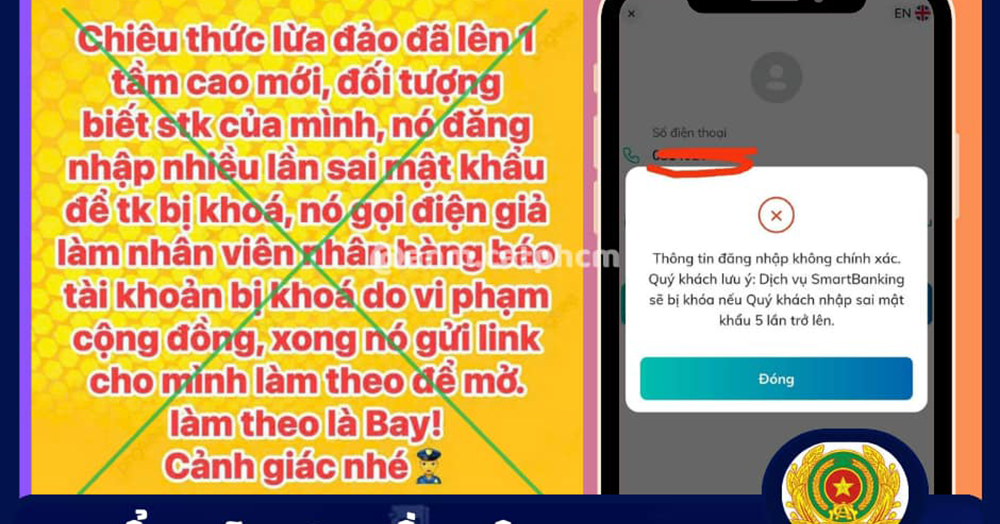
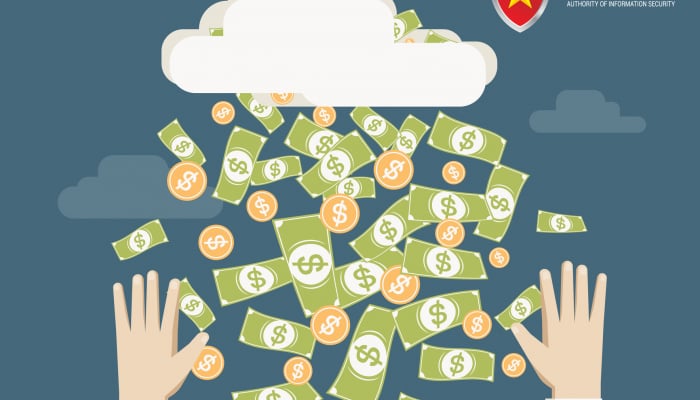



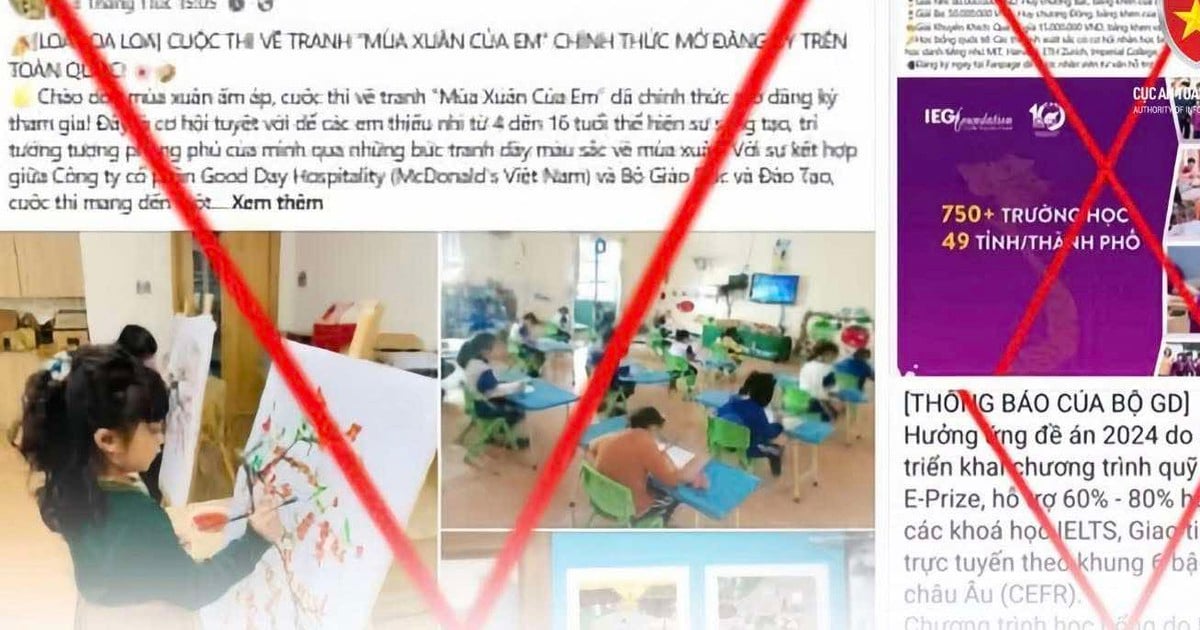


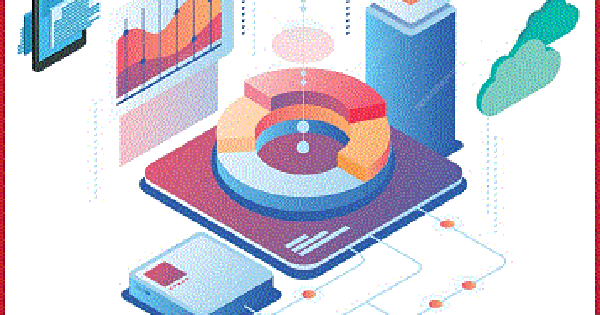

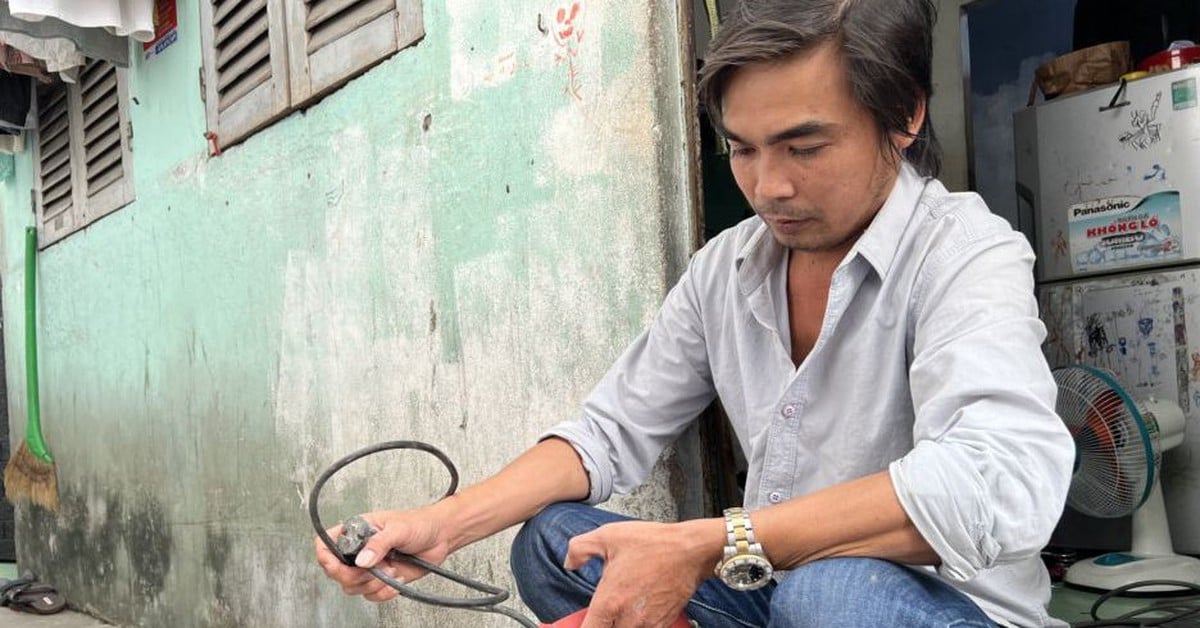





















Comment (0)